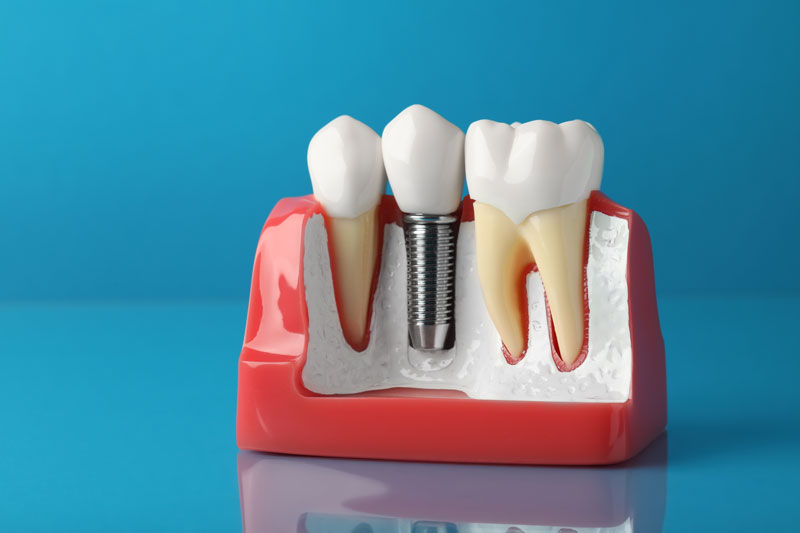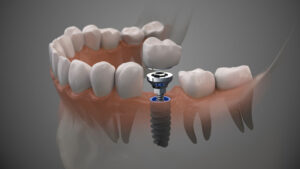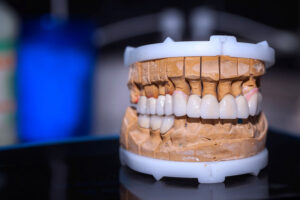When people go to a skilled and trusted dental practice to replace their missing teeth with dental implants in Issaquah, WA, their new teeth will give them reliable and predictable results. Sometimes, however, dental implant placement complications can still occur.
Ready to learn about the types of complications that can occur with dental implant placements? Continue reading to learn about the complications that can occur when dental implants are surgically placed in a patient’s jawbone.
The Complications That Can Occur When Dental Implants In Issaquah, WA, Are Placed
While a caring and dedicated dental practice will strategically place dental implants with the latest techniques and technologies, complications can still occur. When complications occur during dental implant placements, the patient can experience the following problems:
Sinus Damage:
Sinus damage is a possible complication that can occur when dental implants are placed, especially when dental implants are placed in the upper jaw. Sinus damage can happen in the upper jaw with dental implant placements because the upper jawbone lies close to the sinus cavities, and improperly placed implants can puncture or press against these cavities.
Sinus damage can lead to sinus pain, pressure, and in some cases, chronic sinus infections. People might not notice their sinus damage complications immediately, but it can cause significant discomfort and complications over time.
Infections:
Infections are another significant complication that can occur following a dental implant placement surgery. These infections, known as peri-implantitis, occur around the dental implant placement site and are primarily caused by bacteria present during or after the dental implant procedure. Poor oral hygiene, smoking, and pre-existing medical conditions, such as diabetes, can increase the risk of dental implant patient’s developing an infection.
Dental implant infection symptoms may include swelling, redness, pain at the dental implant site, and sometimes, pus discharge. If not treated promptly, infections can lead to bone loss around the dental implant, jeopardizing its stability and potentially requiring its removal.
Nerve Damage:
Nerve damage is a critical concern when dental implants are surgically placed in a patient’s jawbone, particularly if a dental implant is placed too close to a nerve in the jaw. This proximity of the dental implant post to the nerve can lead to numbness, pain, or a tingling sensation in the chin, lips, gums, or even the face.
These nerve damage symptoms might be temporary for some patients, but for others, they could become a long-term or permanent complication. Precision in planning the placement of dental implants is crucial to avoid such adverse outcomes.
See Us Now So We Can Expertly Place Your Dental Implants In Issaquah, WA
When you come to our quality practice for a dental implant placement surgery, we use the latest techniques and technologies to make sure your procedure outcomes are successful. Why wait to transform the look, function, and health of your smile with us? Get in contact with our doctors, Dr. Scott Clayhold, and our exceptional team at our dental practice to schedule an appointment today!




